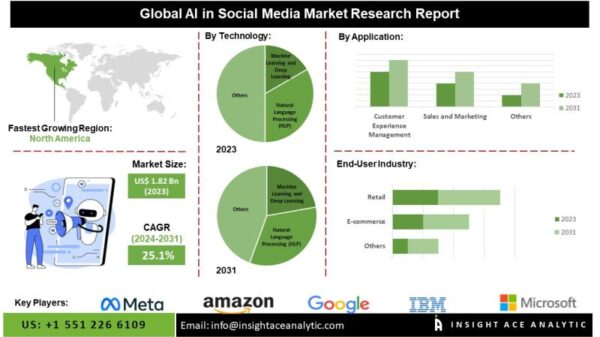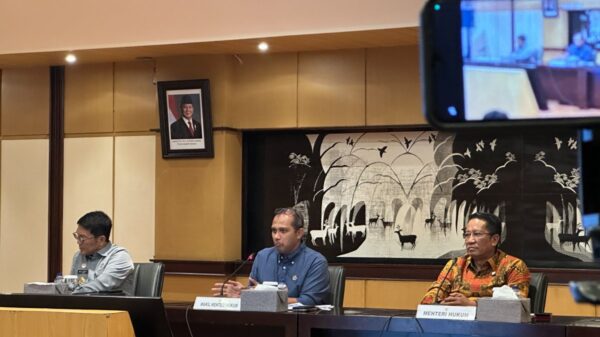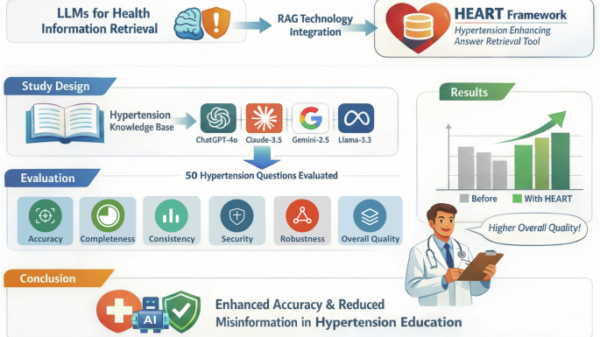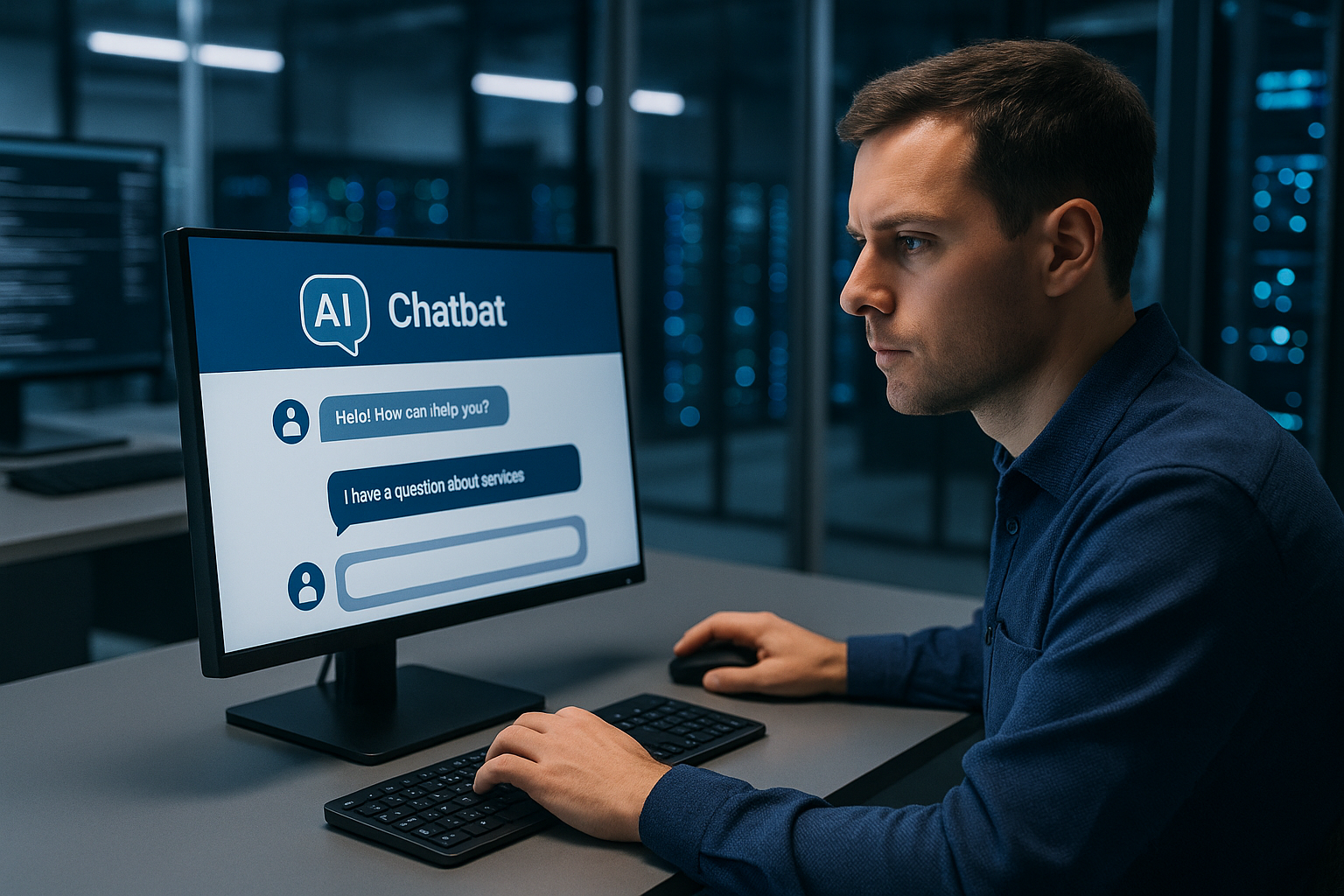The inaugural Ottawa Responsible AI Summit recently convened experts from various sectors to deliberate on crucial issues surrounding artificial intelligence (AI), including security, equity, and the inclusiveness of decision-making processes. A focal point of the summit was a proposed AI chatbot by the Canadian Digital Service (CDS), aimed at enhancing user navigation of the government’s extensive online presence, which comprises over 10 million webpages.
According to Michael Karlin, the acting director of policy at CDS, the Canadian government faces up to 4,000 complaints daily regarding its website. This staggering number highlights a pressing need for improved user interaction. The potential for an AI-driven solution raises questions about both its efficacy and ethical implications. “The dataset you collect now may become a weapon in the not-too-distant future,” Karlin cautioned.
“The dataset you collect now may become a weapon in the not-too-distant future.”
Michael Karlin, Canadian Digital Service
Currently under beta testing, the chatbot utilizes the OpenAI GPT-4 model, allowing users to ask straightforward questions and receive relevant information. While the tool can guide users to specific webpages, Karlin emphasized the importance of verifying AI-generated information. The chatbot aims to alleviate pressure on service centers and make government services more accessible, particularly for individuals with “complex needs.”
The summit’s discussions also highlighted significant challenges in ensuring that AI tools are developed equitably. In her opening remarks, Jenna Sudds, MP for Kanata-Carleton, stated, “Responsible AI is not just about managing risks; it’s about ensuring that the benefits of AI reach everyone,” emphasizing the necessity for inclusivity in AI development.
Notably, no personal information will be required to access the chatbot, a “design choice” intended to promote anonymity for users until they are ready to disclose their identity for specific services, such as immigration applications. “If you don’t need personal information, don’t collect personal information,” Karlin advised.
Addressing Bias and Inequity
The summit also explored the risks posed by biased AI models, as highlighted by Hammed Afenifere, co-founder and CEO of Oneremit. He pointed out that AI training datasets often lack diversity, leading to inequitable outcomes. For instance, if an AI tool is primarily trained on data from Western countries, it may not adequately serve users from regions like Africa. “If we build a responsible AI that understands how Africans operate, you are able to bring more money into this country,” Afenifere explained.
Karlin reiterated the CDS’s commitment to ensuring that responses generated by the chatbot are tailored to specific demographic groups. “That’s a scalpel and not a chainsaw-based process,” he remarked, underscoring the need for precise, context-aware AI interactions. The development team plans to consult diverse communities to refine the AI’s understanding of government service interactions.
Defining “Responsible AI” and Inclusivity
As discussions progressed, a recurring theme emerged about who defines “responsible” AI. Many speakers emphasized the importance of representation in shaping AI’s future. “Imagine a future shaped with AI, shaped to the community, … and also built with all of us at the table,” stated Somto Mbelu, founder and program lead of the Ottawa Responsible AI Hub.
“Imagine a future shaped with AI, shaped to the community, … and also built with all of us at the table.”
Somto Mbelu
However, Afenifere expressed concerns over who is responsible for implementing policies around responsible AI, indicating a need for clearer governance structures. “For me, I’m still kind of confused: who is responsible for that? Who is ‘we’?” he stated.
Karlin’s approach of engaging communities directly in the chatbot’s development represents a pragmatic step toward inclusivity. The CDS aims to conduct consultations that reflect the unique perspectives of various user groups, including those that identify as Black or LGBTQ+, as well as Indigenous communities who possess diverse viewpoints on AI.
The government chatbot recently completed trials involving 2,700 users with a success rate of approximately 95%. However, concerns remain about its ability to handle millions of queries and to provide accurate, non-harmful information. Karlin acknowledged the financial implications, questioning the justification for taxpayers to fund a web navigation service. “We’re building it just to see if it’s possible to do,” he concluded.
As the conversation around responsible AI continues to evolve, the Ottawa Responsible AI Summit has underscored the need for robust frameworks that prioritize equity, security, and community involvement in AI development.
See also Promptbox Submits AI Solutions for Government at DISA Industry Day 2026
Promptbox Submits AI Solutions for Government at DISA Industry Day 2026 Nikkei 225 Falls 2.3% Amid US Tech Stock Concerns Over AI Valuations
Nikkei 225 Falls 2.3% Amid US Tech Stock Concerns Over AI Valuations South Wales Becomes UK’s Latest AI Growth Zone, Promises Thousands of New Jobs
South Wales Becomes UK’s Latest AI Growth Zone, Promises Thousands of New Jobs YouTube Partners with Indian Institutes to Enhance AI Training for 63% of Creators
YouTube Partners with Indian Institutes to Enhance AI Training for 63% of Creators UK Government Launches £100M AI Reforms and £500M Sovereign AI Unit to Boost Sector
UK Government Launches £100M AI Reforms and £500M Sovereign AI Unit to Boost Sector





























































